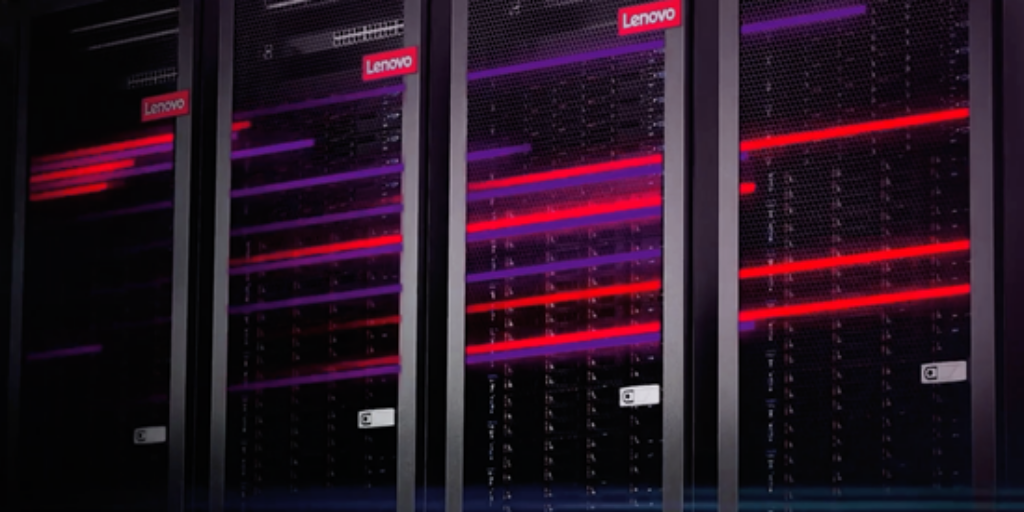 The Numerical Algorithms Group, or NAG, has announced that it will mark its 40th anniversary in 2010 by expanding its student prize program, with a new awards intended to cultivate the next generation of numerical software talent worldwide. Its ok NAG, 40 is the new 30.
The Numerical Algorithms Group, or NAG, has announced that it will mark its 40th anniversary in 2010 by expanding its student prize program, with a new awards intended to cultivate the next generation of numerical software talent worldwide. Its ok NAG, 40 is the new 30.
Stuart Feldman, Google VP Engineering, commenting on NAG’s influence on his career and on that of others at the forefront of computing and scientific research through the decades, says, “I have fond memories of visiting NAG early in my career, having fascinating discussions about software, numerical and scientific programming. The quality and passion of NAG’s people and their drive to make the life of scientists better, and to take advantage of the newest and best results in the math software field was as clear then as it is now. My own involvement originally focused on my interest in Fortran and in my own astrophysics research. This expanded over the years to general interests in arithmetic and algebra. As I moved into other areas of computing, it was very useful to reference the needs of the classic scientific community. I am now at Google, with computational resources of a different sort but also of a magnitude I did not imagine 30+ years ago. Yet many of the old problems of reliable computing at scale remain. NAG, in addition to being a major contributor to important international standards including Fortran 90 and IEEE arithmetic, has perhaps made its biggest contribution by creating a reliable shared base for scientific computing – a basic set of software that could be depended on, that covered the basic needs of much of classic numerical analysis and that improves over time and on an evolving set of platforms.”
The new NAG 40th Anniversary Awards are intended to help nurture the next generation of leaders in science and computing like Google’s Stu Feldman. In the spirit of NAG’s four decades of collaboration with leaders in computing, academia and industry, NAG will be inviting departments, from institutions across the world, to become involved with the student prizes. Awards will be offered for the best performances in a Masters of Science program, best projects and/or best numerical solutions.
For more info, read their full release here.



